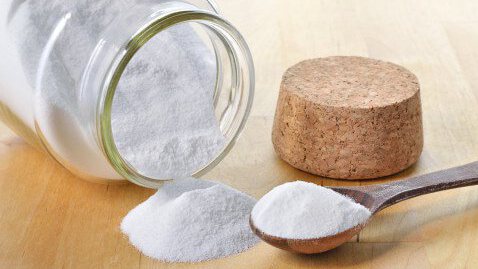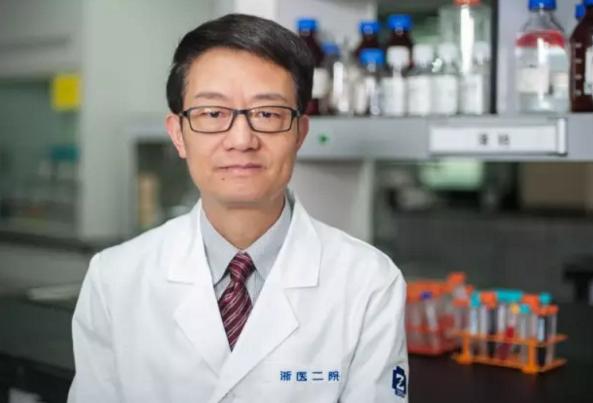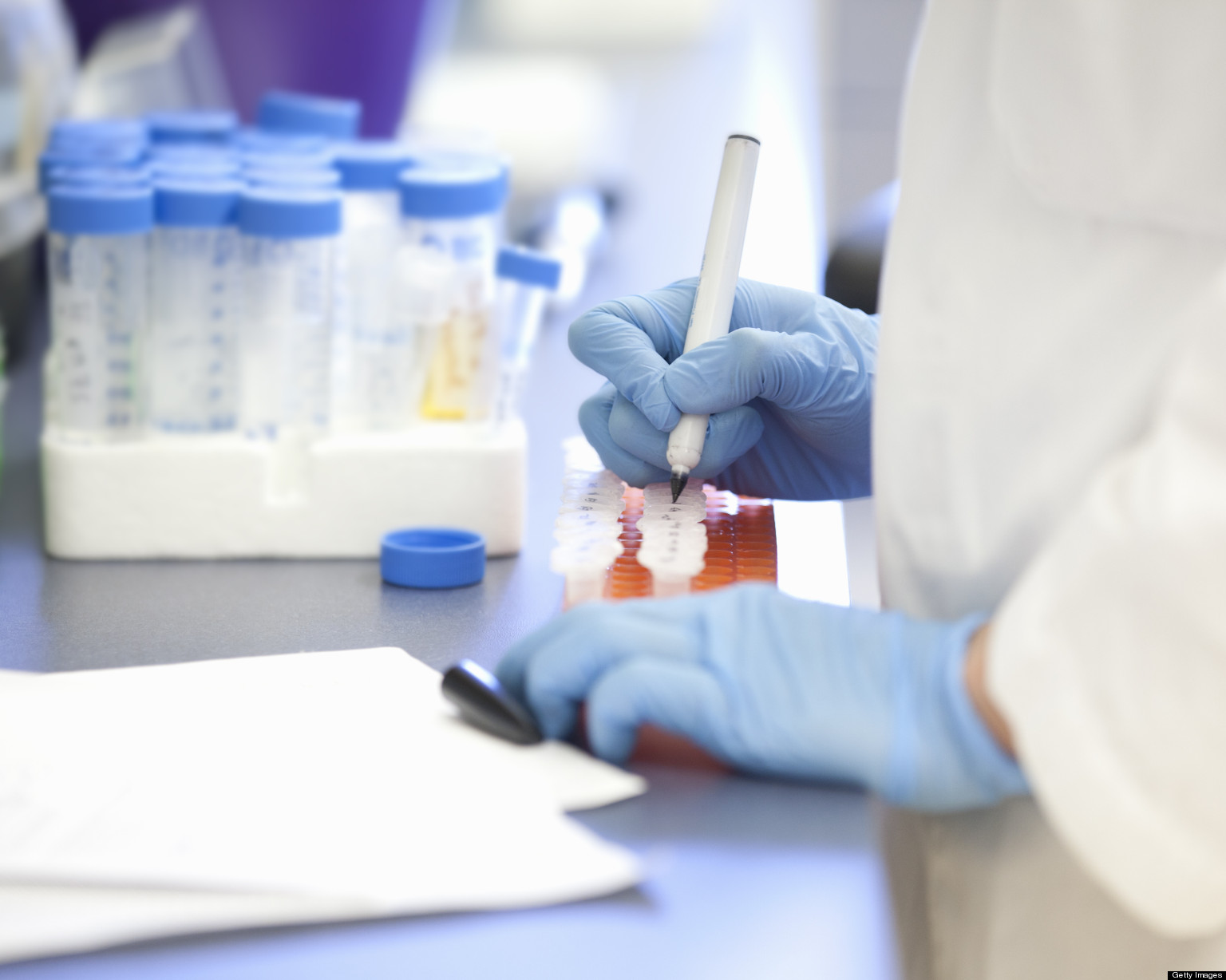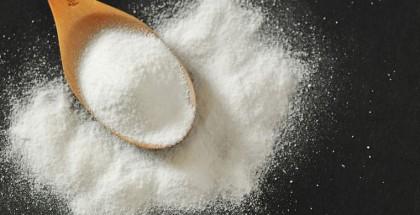
Tech & Sci
14:24, 25-Sep-2016
Baking soda helps contain cancer, say Chinese scientists
Updated
10:17, 28-Jun-2018

Chinese scientists may have just found a way to control cancer – and the answer is right in your kitchen cupboard.
Sodium bicarbonate, or simply baking soda, significantly enhances the anticancer activity of a certain type of treatment, according to researchers from Zhejiang University who recently published their paper in eLife, a peer-reviewed scientific journal dealing with biomedical and life sciences.

Professor Hu Jun, the leading researcher at the cancer research laboratory at Zhejiang University
Professor Hu Jun, the leading researcher at the cancer research laboratory at Zhejiang University
In a clinical trial, scientists discovered that the viable tumor residues were reduced by 93 percent when bicarbonate was used with TACE – a significant increase from the 55 percent registered in cases when bicarbonate was not employed.
TACE, which stands for transarterial chemoembolization , is an image-guided non-surgical procedure to restrict a tumor's blood supply.

Cancers can be killed if they don’t have “food” to eat, said Professor Hu Jun, the leading researcher at the cancer research laboratory at Zhejiang University.
Blocking blood supply, or embolization, could deprive targeted tumor cells of oxygen and nutrients, such as glucose. However, it is not effective against lactic acid, which is found around tumors. Lactic acid has a double duty to help protecting cancer cells and growing new blood vessels, which undermines the effectivity of embolization.
Local infusion of bicarbonate into the tumor neutralizes the acidic environment, boosting the therapeutic potency of embolization.

The ‘starvation’ method proved to be fruitful, and the synergy between bicarbonate and TACE improved the condition of the 40 patients with acute liver cancer who partook in the study. The success rate of the TACE treatment alone stood at 40 percent.
“The survival data suggested that bicarbonate may bring survival benefit,” the researchers also noted in their paper.

While the study demonstrates the therapeutic advantage of the interaction between bicarbonate and TACE and shows remarkable improvement of local tumor control, the researching team has acknowledged that their study does not investigate survival rate, since a host of factors come into play, such as tumor characteristics and disease complications.
Nevertheless, the recent discovery could stoke hope and optimism in further countering cancer and keeping tumors under check.

SITEMAP
Copyright © 2018 CGTN. Beijing ICP prepared NO.16065310-3
Copyright © 2018 CGTN. Beijing ICP prepared NO.16065310-3